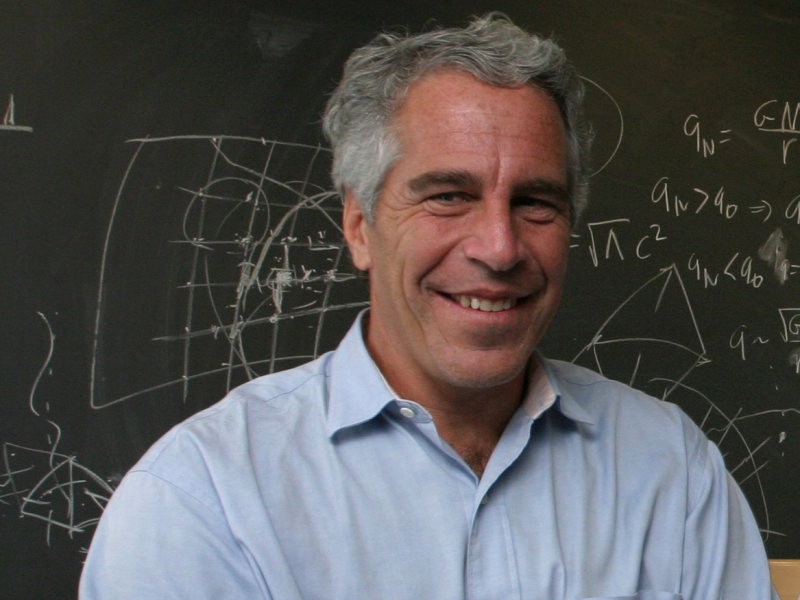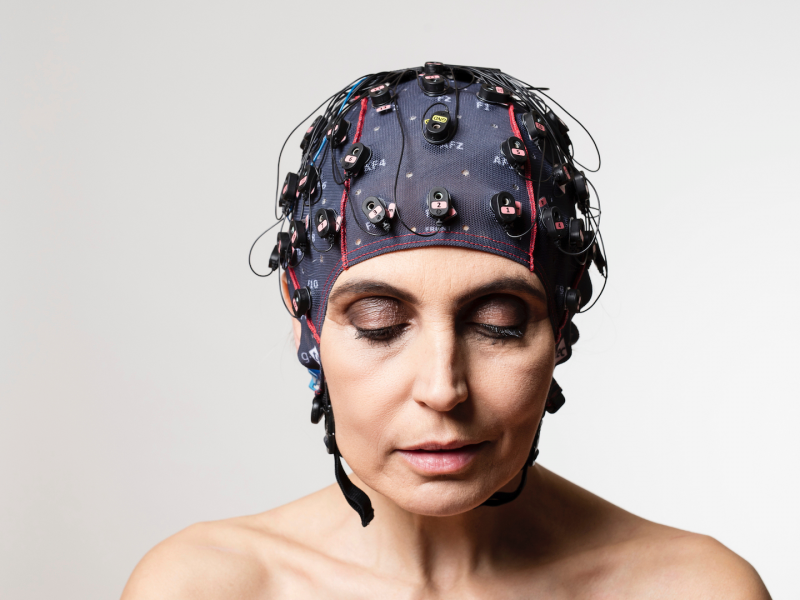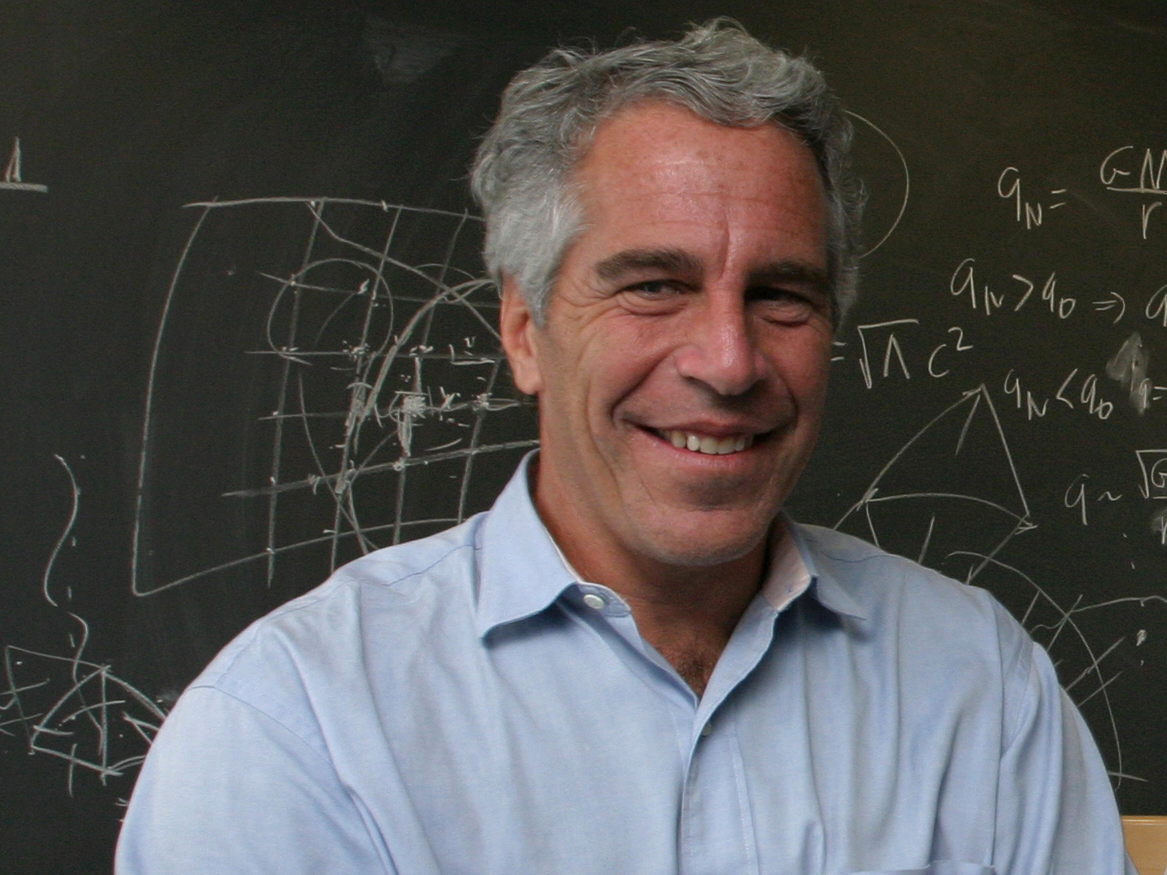
- Convicted sex offender Jeffrey Epstein reportedly told scientists he wanted to “seed the human race” with his DNA by impregnating 20 women at a time at his New Mexico ranch, according to The New York Times.
- The idea may be connected to Epstein’s interest in transhumanism: the belief that the human brain and body can and should be artificially enhanced using modern science and technology.
- Epstein reportedly discussed the New Mexico baby ranch idea with various scientists, but there is no evidence that he acted on it.
- Visit Business Insider’s homepage for more stories.
Jeffrey Epstein, who was charged earlier this month with trafficking dozens of underage girls, reportedly told various scientists in the early 2000s that he wanted to “seed the human race” with his DNA, according to The New York Times.
Epstein said he’d do this, The Times reports, by impregnating 20 women at a time at his ranch in Santa Fe, New Mexico.
There is no evidence to suggest that Epstein took any steps toward making this vision a reality. But the idea reportedly stemmed from Epstein’s interest in the philosophy of transhumanism: The belief that people can (and should) artificially enhance the human body using modern technology.
Transhumanists herald genetic engineering and artificial intelligence as promising ways to improve human performance. They advocate, essentially, for the use of technology – including nanomedicine, robotics, brain-computer integration, and more – that alters typical human physiology in order to better our body and brain.
Epstein was fascinated with transhumanism
According to The Times, Jaron Lanier, a pioneer of virtual reality, remembers talking to a NASA scientist who said Epstein's New Mexico baby ranch idea was inspired by the Repository for Germinal Choice, a sperm bank in Escondido, California. The sperm bank operated from 1979 to 1999 and was incorrectly rumored to contain only the sperm of Nobel laureates.

Harvard law professor Alan Dershowitz also told The Times that Epstein once brought up the topic of how humans could be improved genetically at a lunch that Epstein sponsored.
Epstein's dual interest in furthering his own DNA and "improving" the human gene pool plays into the biggest criticism of the transhumanist ideology: that it's on par with eugenics.
Eugenics is the science of deliberately breeding human beings to increase the likelihood of certain characteristics. It's associated with Nazi ideology - the party favored blond, blue-eyed, Aryan people and used the idea of eugenics to justify genocide.
Transhumanism's political legacy
Many transhumanists, however, are interested in other ways to improve human performance that don't have to do with altering the gene pool.
Prior to the 2016 election, for example, presidential candidate Zoltan Istvan promised to work towards halting aging and death by merging technology with human biology. Istvan founded the Transhumanist Party, a political party focused on using science and tech to solve major problems facing humanity.
Istvan sees aging and death as the biggest plagues of our time, and thinks technology offers a cure. He supports, for example, the use of bionic organs as transplants when natural organs fail.

"I think people have just been conditioned to believe that this is just a natural part of existence, that that's the program," Istvan previously told Business Insider. "And so our job is to uncondition that. To tell them actually it was the program until we reached the 21st century and now all of a sudden we realize that with genetics and bionics and robotics that we have a real chance of stopping death and treating it as something much more similar to a disease than some natural phenomenon."
Cryonics, the controversial process of freezing a body with the goal of bringing it back to life later, also has a place in transhumanist thinking. Currently, it only works for human embryos. But according to The Times, one unnamed transhumanist said he and Epstein once chatted about cryonics, and Epstein said he'd want his head and penis frozen.

